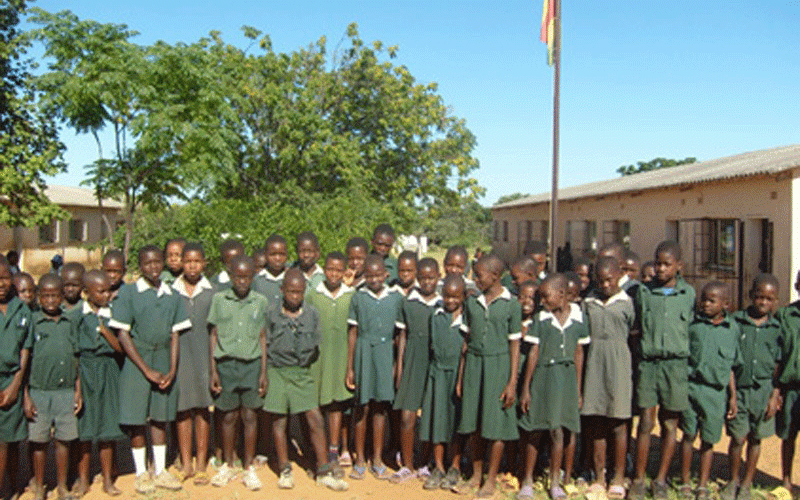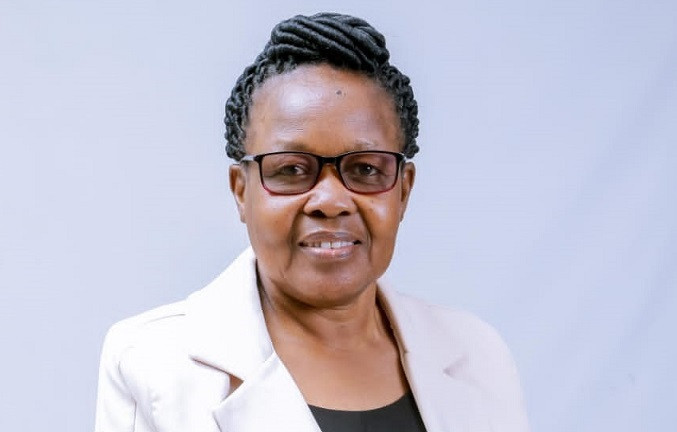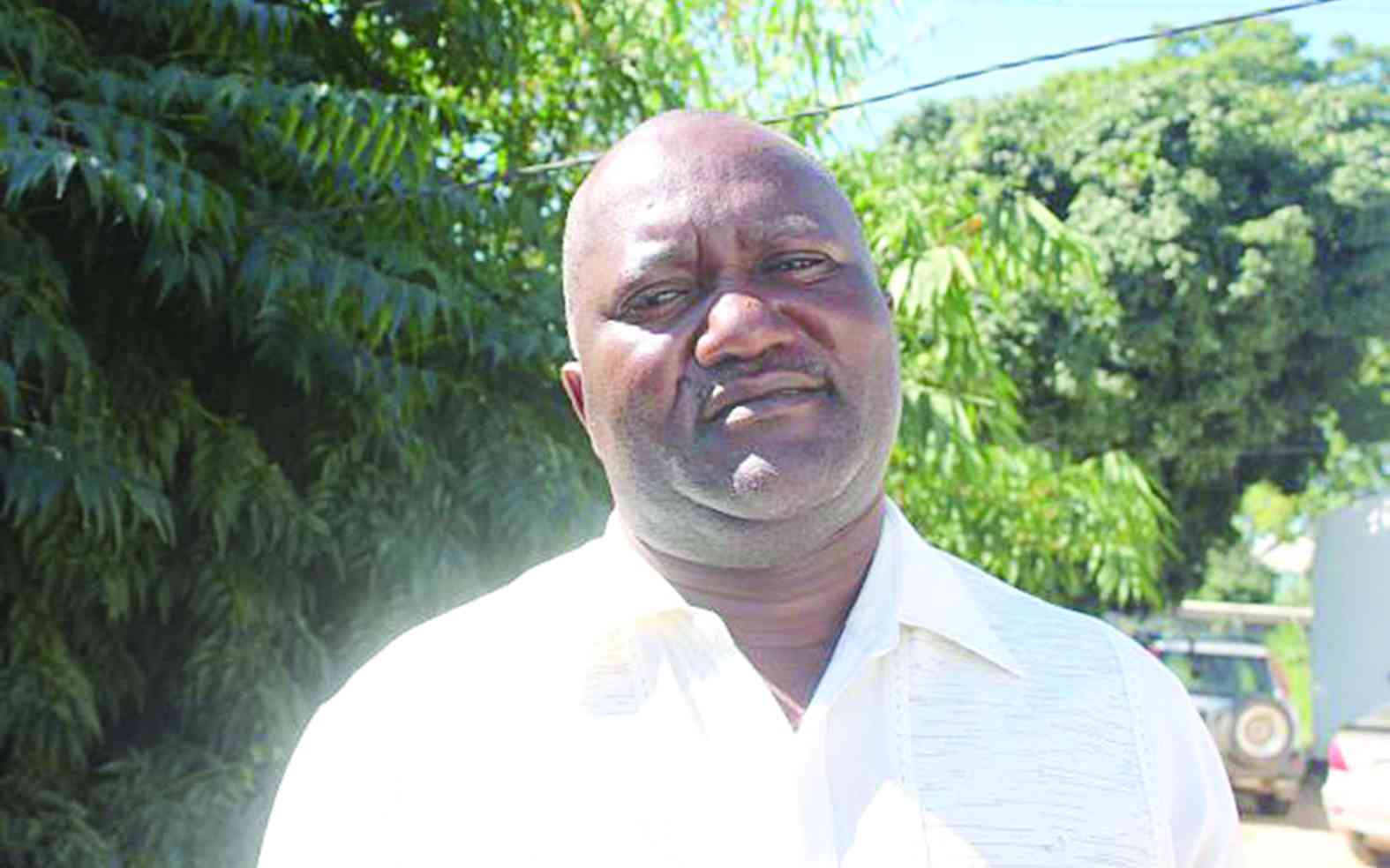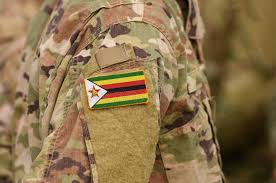IT had to take a Damascene moment for Richard Mupuvira from Chivi in Masvingo province, to accept his disabled child after having neglected her for years.
He had, for years, refused to facilitate that she gets a national identity (ID) document because of her disability.
Mupuvira has since changed his mind following transformative education offered through Unicef.
He told journalists recently that he had abandoned his disabled daughter to the extent that he did not even want her to get an ID.
“I used to make her sit anywhere, whether it was hot or not and when we were going to the fields, we used to leave her because I felt like she could not help in anyway.
“I also did not feel the need to get her the identification documents needed by other children,” he said.
Keep Reading
- More action needed to stem child marriages
- Child marriage: A heavy cost for young girls in Africa
- Feature: Cyclone Idai victims struggling with mental health challenges
- Child marriage comes with a heavy cost
Mapuvira changed his attitude towards his daughter following interaction with the Chengaose Stimulation Centre, a non-governmental organisation which promotes the rights of people with disabilities (PWDs).
He is now a lead campaigner for the rights of children with disabilities after the local headman donated land to the community for the Chengaose Tagamuchira PWDs garden.
The centre has transformed into an oasis of encouragement and hope.
“During one of the training sessions, the headman called me and allocated me a piece of land and we created the Chengaose Tagamuchira disabled garden,” Mupuvira recalled.
Beauty Magwide, who suffered stigmatisation after giving birth to a disabled child, spoke on how the centre had changed her family and child’s lives.
The centre receives support from the United Nations Children’s Fund (Unicef).
“Through Unicef, we learnt how to participate in different projects such as gardens and also teach each other ways to take care of the children with disability while comforting each other. I also learnt love through Unicef,” Magwide said.
Zimbabwe Parents of Handicapped Children Association (ZPHCA) is also another project in the area operating through Unicef assistance, which has changed many minds and perspectives.
A beneficiary of the ZPHCA training, who is a youth leader, Chipo Pikirai, hailed Unicef for providing them with survival skills such as bead making, key holder making and knitting.
“We benefited a lot from Unicef. We have learnt entrepreneurial skills such as making key holders and reusable sanitary wear. We have also gained confidence and knowledge and we are not afraid to stand in front of people anymore,” she said.





